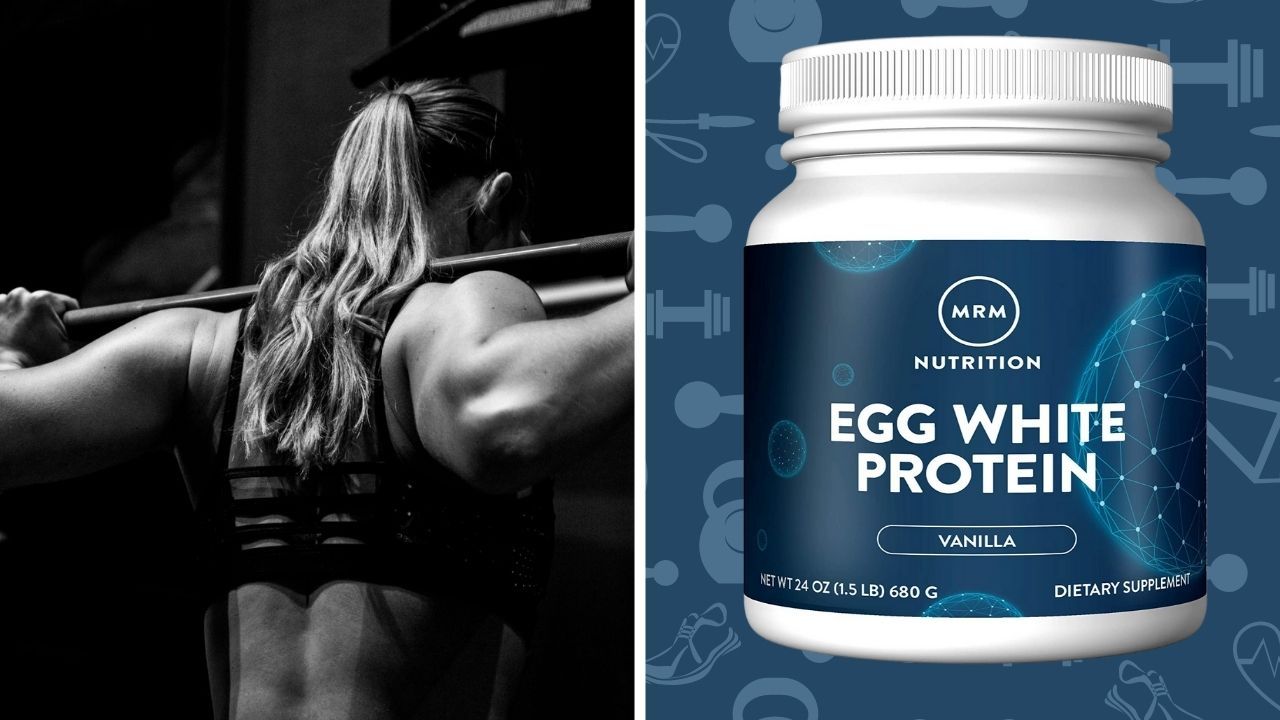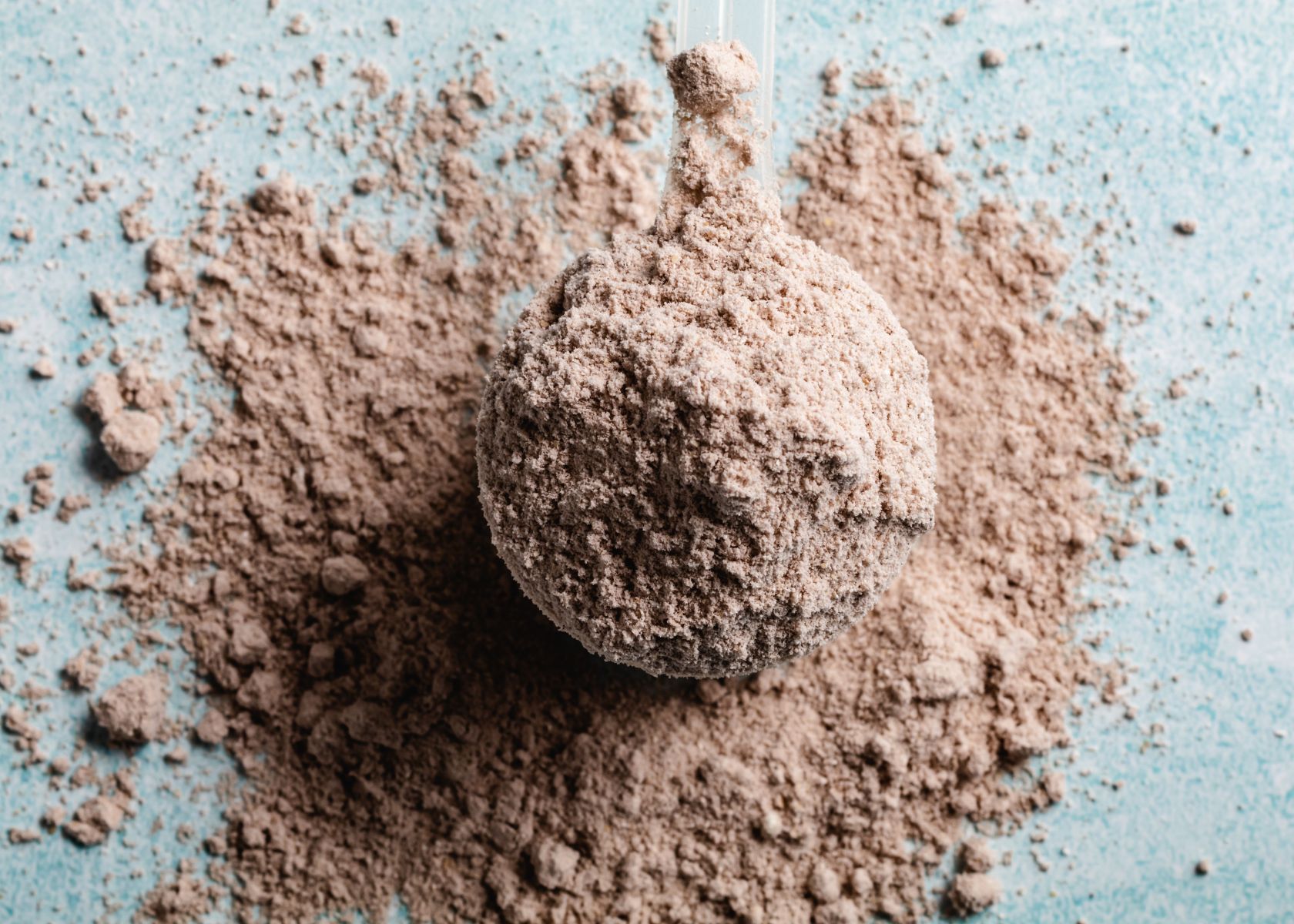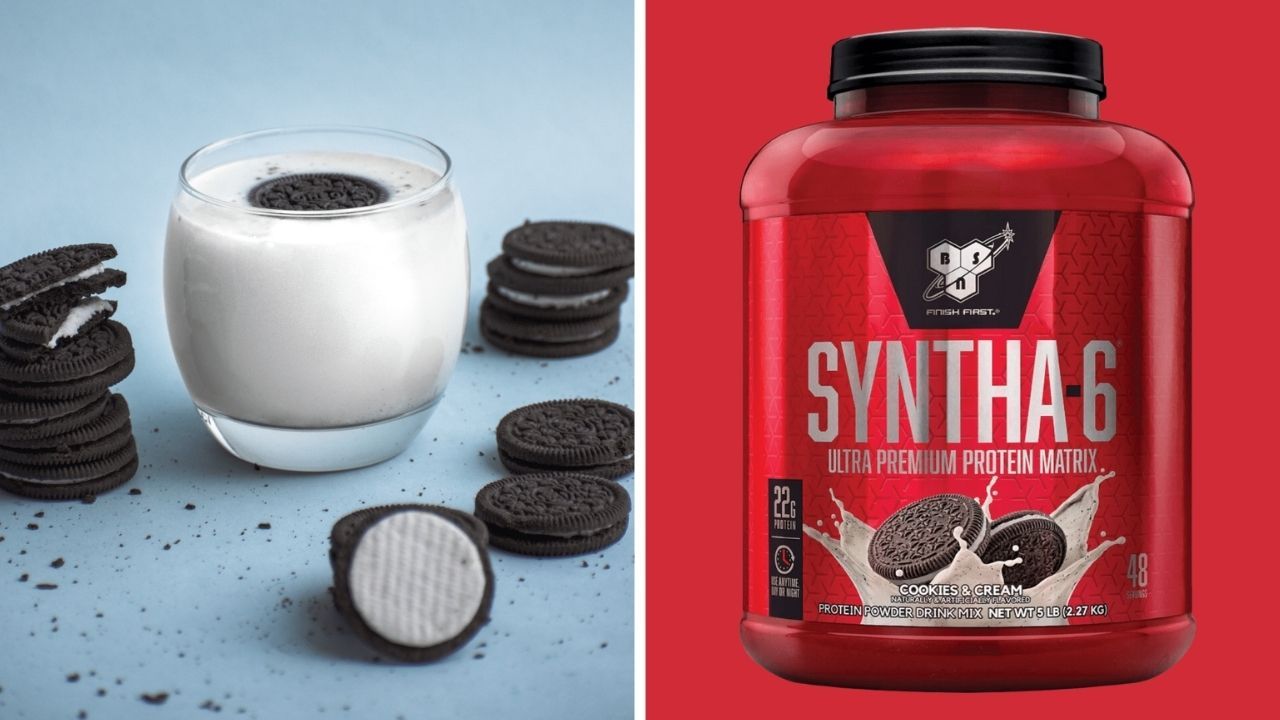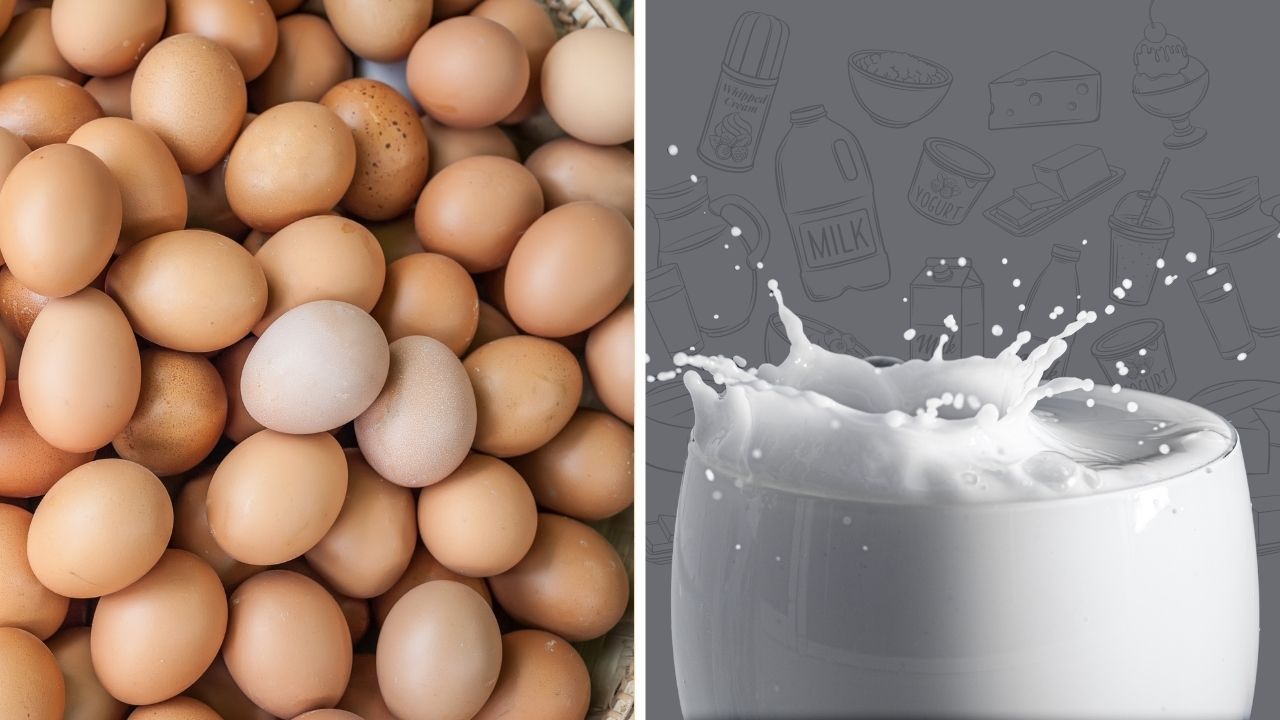
Which Reigns Supreme? Egg Protein Powder vs Whey Protein Powder
Not sure which is better - egg protein powder or whey protein powder? This article breaks it all down for you. Find out the pros and cons of each.
Protein supplements are an essential part of many fitness enthusiasts' diets. They come in various forms, such as powders, bars, and shakes, but two of the most popular options are egg protein powder and whey protein powder.
Both of these protein powders are highly beneficial and play an essential role in muscle growth and recovery.
However, understanding the differences between them can help you make an informed decision about which one to use.
Amino Acids and Muscle Protein Synthesis
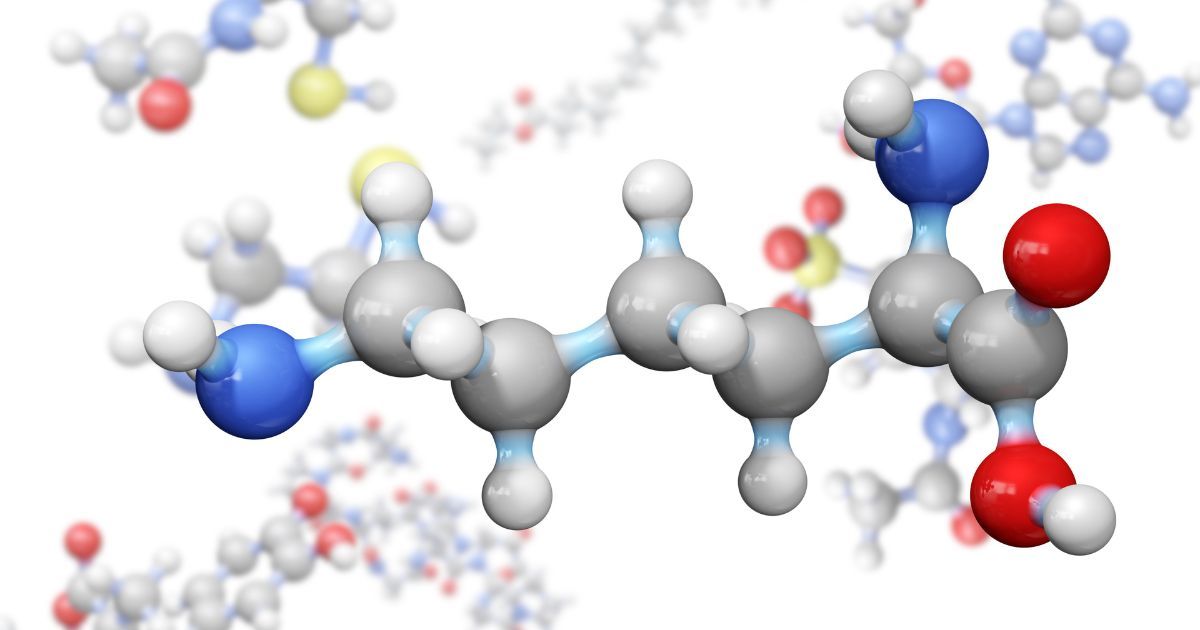
Amino acids are classified as essential and non-essential.
- The human body can synthesize non-essential amino acids, but essential amino acids cannot be synthesized by the body and must be obtained through diet.
- Protein supplements can provide both essential and non-essential amino acids to the body.
Muscle protein synthesis is the process by which muscle tissue repairs and rebuilds itself after exercise-induced damage.
- Muscle protein synthesis is necessary for muscle growth and repair.
- Research has shown that consuming protein supplements immediately after exercise can significantly increase muscle protein synthesis, leading to faster muscle recovery and growth. [source]
So if muscle building is your goal then consuming a good amount of protein is essential.
- Strive to get anywhere between 0.8-1.2 grams of protein per pound of body weight, per day.
- If you weigh 150 pounds, you'll need between 120 and 180 grams of protein a day.
Egg White Protein Powder

Egg white protein powder is made from egg whites that have been dried and processed into a fine powder.
Egg white protein powder is also low in carbohydrates and fat, making it a great option for those who are watching their calorie intake and focusing on fat loss.
One of the significant advantages of egg white protein powder is that it is easy to digest. It is also hypoallergenic, meaning that it is unlikely to cause an allergic reaction in most people.
- This makes egg white protein powder an ideal choice for people with lactose intolerance or milk allergies.
- Egg white protein powder is also a good source of leucine, one of the three branched-chain amino acids (BCAAs).
- Leucine is essential for muscle protein synthesis, making egg white protein powder an ideal post-workout recovery supplement.
Potential disadvantages of consuming egg white protein powder:
- Egg white protein powder is low in certain essential amino acids, such as tryptophan and methionine.
- Some people may experience digestive issues, such as gas or bloating when consuming egg white protein powder due to its high protein content.
- Egg allergies are relatively common, and consuming egg white protein powder could cause an allergic reaction in some individuals.
- Suffering nausea every time I consume egg whites has led me to believe that my body has an intolerance towards the albumin found in its whites.
- Egg white protein powder can often be more expensive than other protein sources, which may not fit into everyone's budget.
Whey Protein Powder
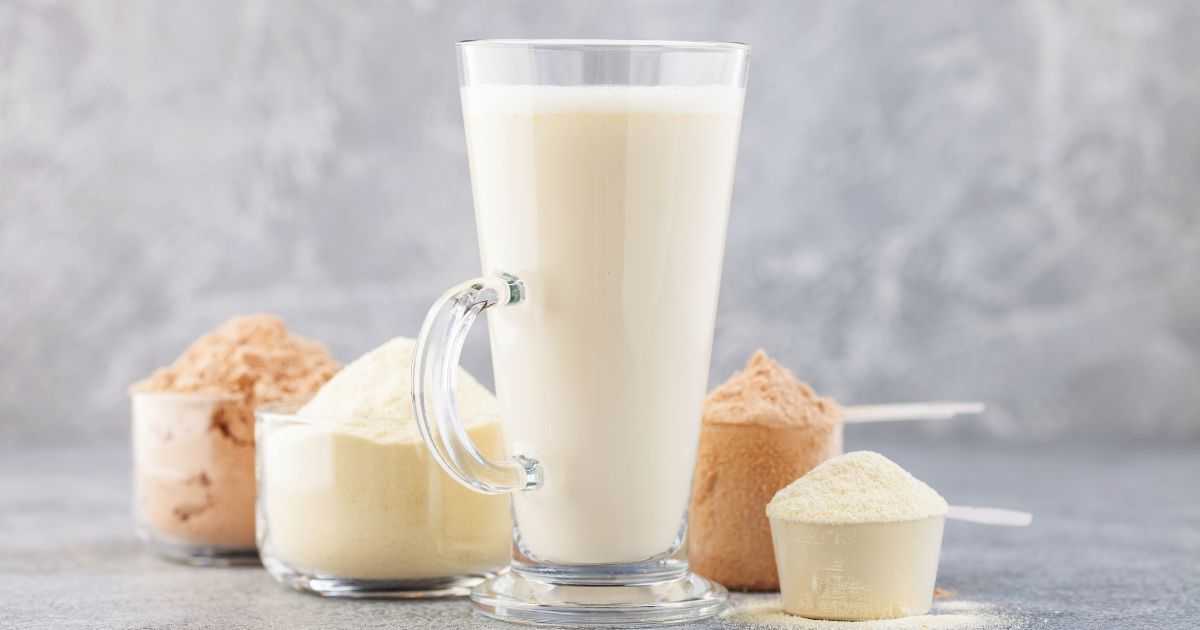
Whey protein powder is made from whey, a byproduct of cheese production.
- It is a popular choice for athletes and bodybuilders due to its high concentration of BCAAs, particularly leucine.
- Research has shown that whey protein is one of the most effective supplements for stimulating muscle protein synthesis. [source]
There are different types of whey proteins, the two most popular are whey isolate and whey concentrate, and most recently Native Whey has been shown to be optimal for muscle protein synthesis.
- Whey isolate is a more processed form of whey protein powder that contains a higher percentage of protein by weight and is lower in lactose and fat. Whey isolate is a good choice for those who are lactose intolerant or who are looking for a low-calorie, high-protein supplement.
- Whey concentrate typically has a lower protein content per serving but is also less expensive and has a more tolerable taste. It is also more slowly absorbed by the body, making it a good option for sustained protein delivery throughout the day.
- Native Whey is a form of whey protein that is less processed than regular whey protein. It is directly extracted from milk, rather than being a by-product of the cheese-making process like most other whey proteins. This results in a product with higher nutritional value and a neutral taste.
When it comes to taste and mixability, whey protein powder is often considered the more palatable option. Whey protein powder comes in a variety of flavors, and it mixes easily with water or milk, making it a convenient option for those on the go.
Potential Disadvantages of Consuming Whey Protein Powder
- Some people may experience digestive issues such as gas, bloating, constipation, or diarrhea when consuming whey protein powder. This is often due to lactose intolerance or sensitivity to the protein.
- Whey is derived from milk, and allergies to milk and milk-based products are common. Consuming whey protein powder can cause allergic reactions in individuals who are allergic to milk.
- Many whey protein powders on the market contain artificial ingredients, such as flavorings, sweeteners, and colors. These can be harmful to health or cause other health issues or allergies, especially for individuals with preexisting conditions.
- Some studies have found that whey protein powders can contain high levels of heavy metals, such as arsenic, cadmium, and lead. Long-term exposure to these metals can pose health risks. [source]
- High-quality whey protein powders can be expensive, making it difficult for people on a budget to incorporate them into their diet. Grass-fed whey and whey isolate are usually the most expensive.
So Which One is Better?
When it comes to egg protein powder vs. whey protein powder, there is no clear winner.
Both are excellent sources of protein and can help with muscle growth and recovery. The choice between the two ultimately depends on your individual fitness goals and dietary needs.
If you are looking for a low-calorie, easy-to-digest protein supplement that is hypoallergenic, then egg white protein powder is an excellent choice. It is also a great option for those who are looking for a source of leucine, one of the essential amino acids for muscle growth.
If you are looking for a quick-digesting source of protein that tastes great and mixes easily with other liquids, then whey protein powder may be the better choice. It is also a good option for those who are looking to increase their intake of branched-chain amino acids (BCAAs).
Recommended For You...
